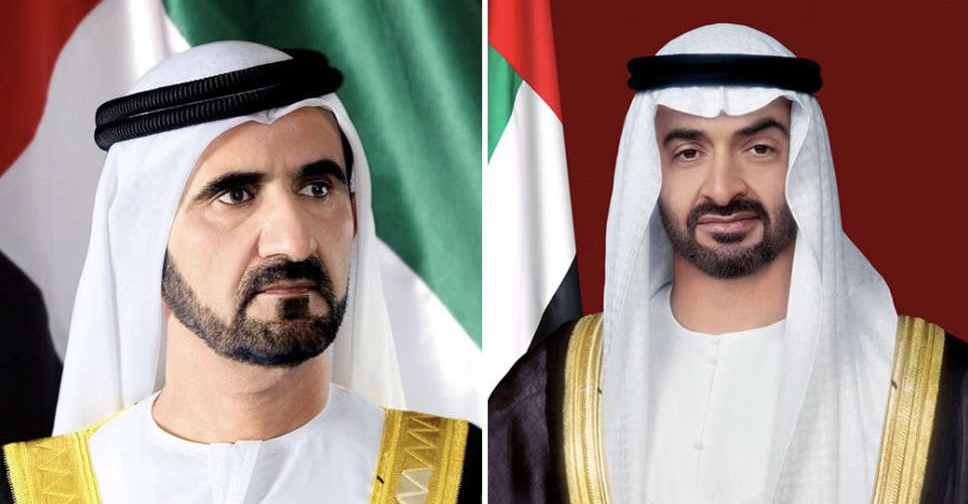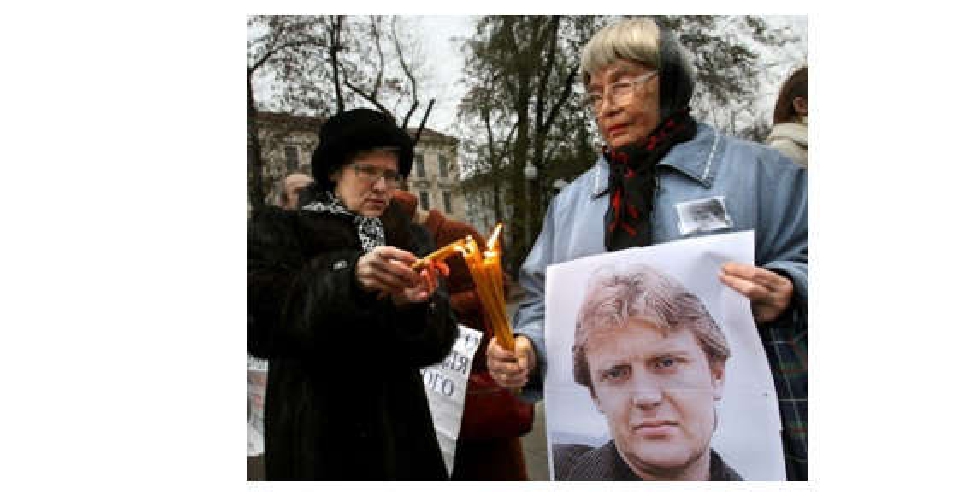
The European Court of Human Rights ruled on Tuesday that Russia was responsible for the 2006 killing of ex-KGB officer Alexander Litvinenko who died an agonising death after he was poisoned in London with Polonium 210, a rare radioactive isotope.
Kremlin critic Litvinenko, 43, died weeks after drinking green tea laced with polonium-210 at London’s plush Millennium hotel in an attack Britain has long blamed on Moscow.
In its ruling, the European Court of Human Rights (ECHR) concluded Russia was responsible for the killing.
"It found that Mr Litvinenko’s assassination was imputable to Russia," its statement said.
Russia has always denied any involvement in Litvinenko's death, which plunged Anglo-Russian relations to a post-Cold War low.
A lengthy British inquiry concluded in 2016 that Russian President Vladimir Putin probably approved a Russian intelligence operation to murder Litvinenko.
It also found that former KGB bodyguard Andrei Lugovoy and another Russian, Dmitry Kovtun, carried out the killing as part of an operation probably directed by Russia’s Federal Security Service (FSB), the main successor to the Soviet-era KGB.
The ECHR agreed. Both men have always denied involvement.
"The court found it established, beyond reasonable doubt, that the assassination had been carried out by Mr Lugovoy and Mr Kovtun," the ruling said.
"The planned and complex operation involving the procurement of a rare deadly poison, the travel arrangements for the pair, and repeated and sustained attempts to administer the poison indicated that Mr Litvinenko had been the target of the operation."
It too concluded that the Russian state was to blame and that had the men been carrying out a "rogue operation", Moscow would have the information to prove that theory.
"However, the government had made no serious attempt to provide such information or to counter the findings of the UK authorities," the ruling said.




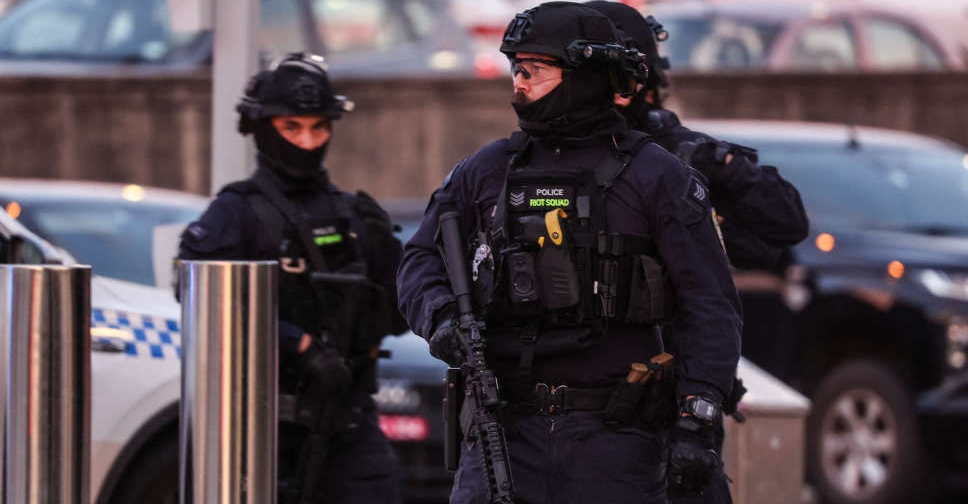 No evidence alleged Bondi gunmen received military training in Philippines
No evidence alleged Bondi gunmen received military training in Philippines
 At least 12 killed in Nigeria mining site attack
At least 12 killed in Nigeria mining site attack
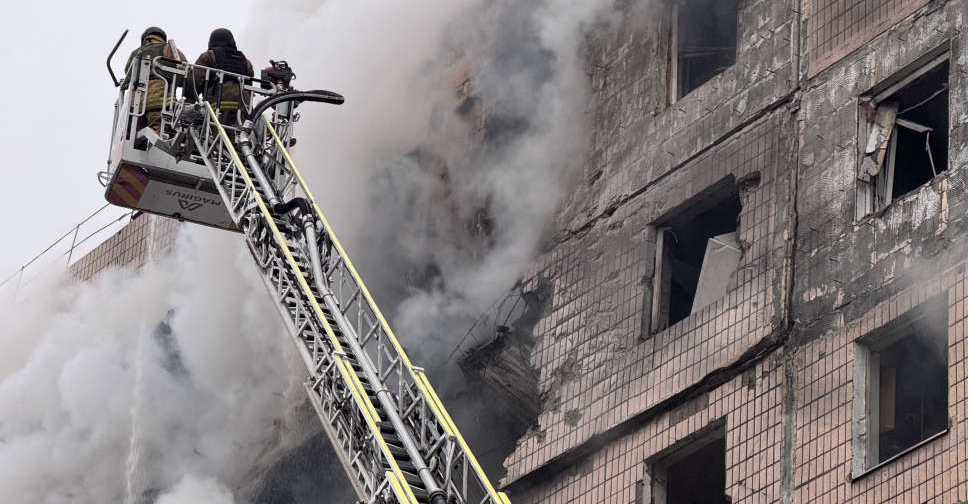 Russian attack on Ukraine's central Cherkasy injures six, causes blackouts
Russian attack on Ukraine's central Cherkasy injures six, causes blackouts
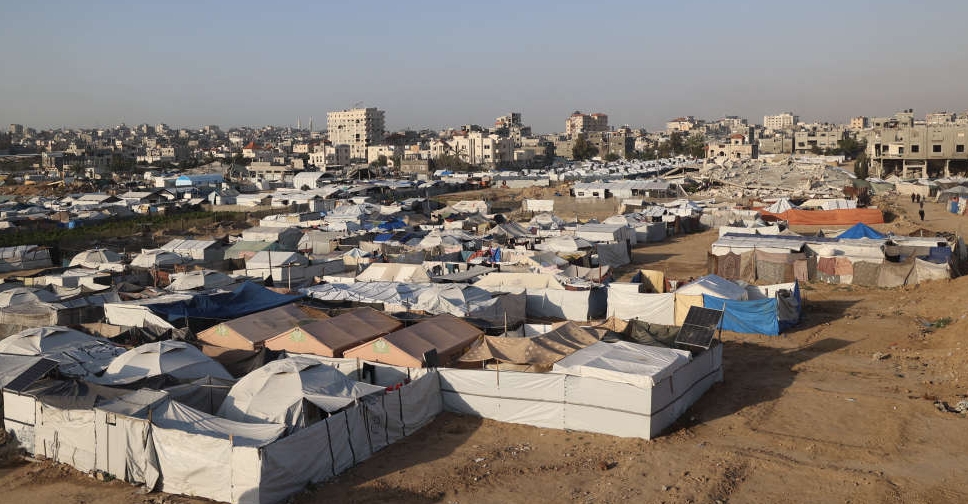 UN, aid groups warn Gaza operations at risk from Israel impediments
UN, aid groups warn Gaza operations at risk from Israel impediments


